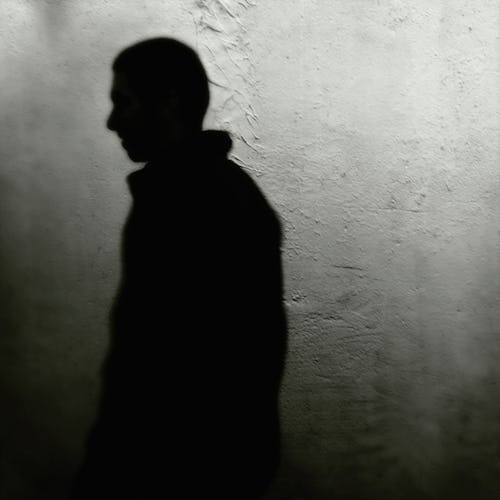The secret service’s threat report on incels is both enlightening and terrifying
Some new insight into the growing violent movement of involuntary celibates.

The term “incel” has been around about as long as the internet, but in recent years the label is unfortunately becoming more common. Online incel communities appear to have started as sort of support groups for men who felt like they couldn’t get laid or loved by women, but they have morphed into hate groups in their own right.
People who consider themselves involuntary celibates have increasingly been connected with violent crimes and murder. One of the most horrific of these was the 2018 shooting at a Tallahassee hot yoga studio by 40-year-old Scott Beierle. The US Secret Service's National Threat Assessment Center (NTAC) released a report on the Tallahassee murders this week that sheds some light on the dangers that incels pose.
The NTAC’s report describes the hate-fueled murders Beierle committed in November of 2018 and goes on to analyze his behavior leading up to the event deeply. In case you don’t remember the event itself, here’s a brief recap along with a trigger warning. On a regular day in 2018, Beierle signed up for a hot yoga class. When Beierle entered the class, he pulled out a gun, killed two women, injured four other people, and then killed himself as the class watched in terror.
The NTAC’s case study includes everything about Bierele’s history that might help us understand how to decode possible warning signs that other violent incels may exhibit so that we can prevent future tragedies. "This attacker's history highlights the specific threat posed by misogynistic extremism," researchers stated in the study.
The fact that misogynistic extremism is associated with acts of violence against women is not surprising, but some of the predictors of violence are. The researchers describe the multitude of troubling behavior that Bierele demonstrated in the years before the attack — he had a history of penning violent rape and murder fantasies and his former roommates called him “Ted Bundy.”
The researchers tease out some seemingly subtle themes from their research. Bierele had clearly shown some troubling behavior and even exhibited violence, but he had never faced any punishment. While Bierle had been charged with battery multiple times, the charges were always dropped.
Some of the other warning signs that the report elucidates are Bierele’s unstable financial situation, his increasingly bizarre behavior over the years, and his publicly aired homicidal ideations. Surely not everyone dealing with financial instability is violent, though, right? Of course, but other recent research also points to financial instability as a predictor of violence.
This report underscores the reality that we cannot pretend that incels are just creepy but harmless meme fodder. The reality is that extremist misogynist groups are growing in size and intensity, and we see evidence of them everywhere in social media and in the news. This case study combined with the recent Atlanta Spa shootings are evidence that it’s high time that we recognize incel rhetoric as dangerous.
With the help of research like this, we can start to recognize the warning signs of when these men who seem wholly preoccupied with their own inadequacy can, in fact, turn outwardly violent when they continually get away with unacceptable behavior.